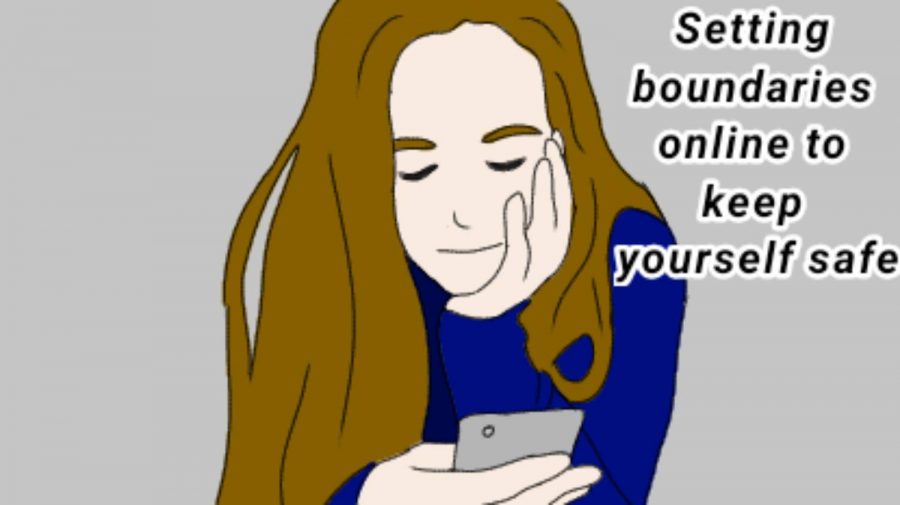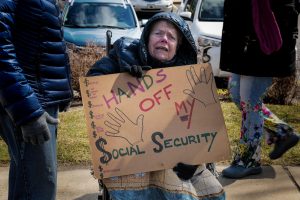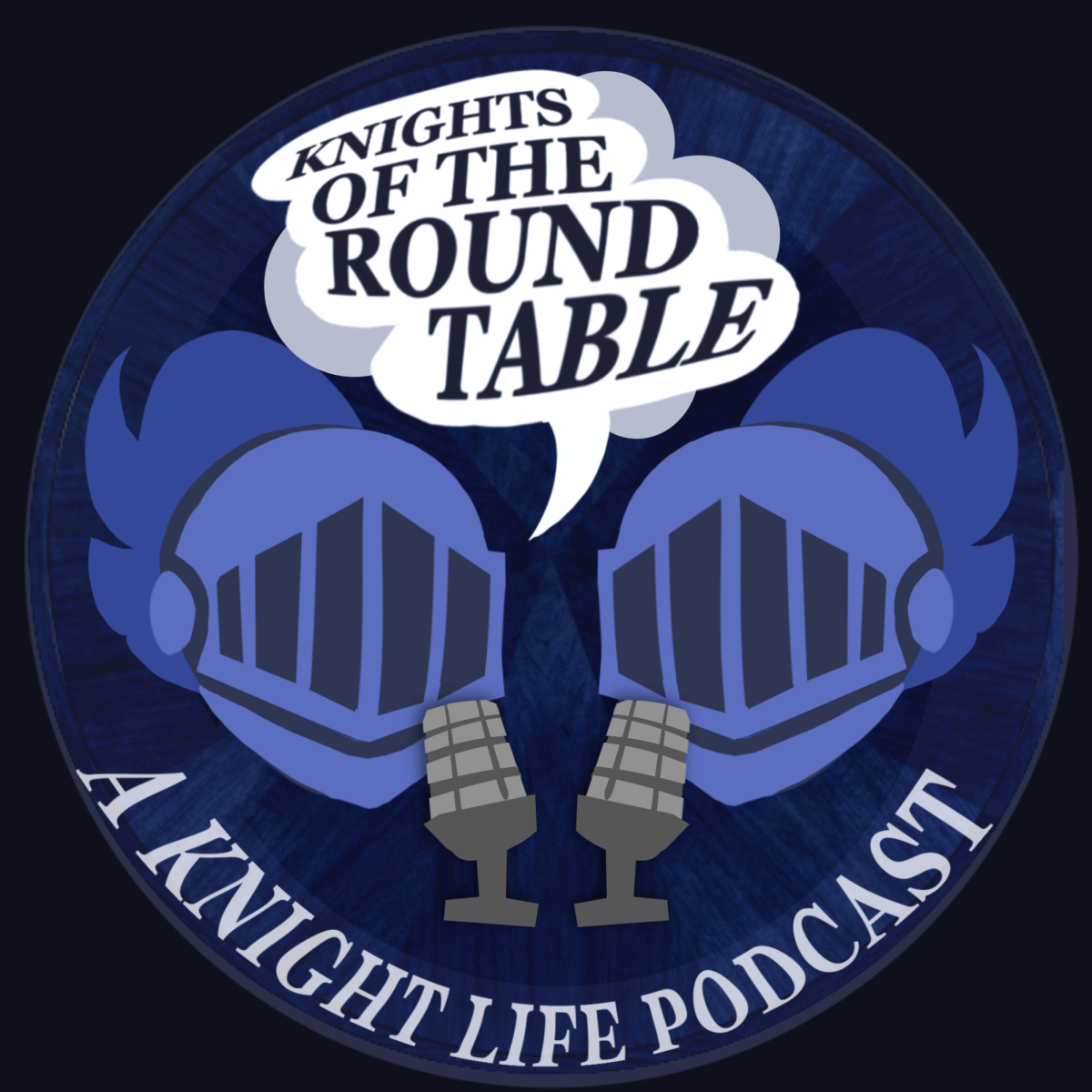Setting boundaries online to keep yourself safe
In the time of the internet, it’s easy to find people who have similar interests as you, but it’s also easier for people who want to hurt you, mentally or physically, to get in contact with you.
Credit: Kai Neve-Jones
February 11, 2021
In the time of the internet, it’s easy to find people who have similar interests as you, but it’s also easier for people who want to hurt you, mentally or physically, to get in contact with you.
I, like a lot of teenagers, spend a lot of time on social media. I have Instagram, Twitter, TikTok, Facebook, Tumblr, YouTube, Discord and more. These apps help me meet new people who have similar interests and ideas as me. I’ve met people who are interested in art, social justice, mental health and so much more. I’ve made some amazing friends through the internet that I interact with on a daily basis.
It is difficult to police the internet though, and this causes parents to be nervous about their children’s access to it. I know that my parents are very cautious. When I first got onto the internet, I had a fear of every person that I met online. This isn’t an unnecessary fear: there are a lot of bad people online that have access to me now.
On a monthly, if not weekly, basis I get reached out to by people asking me for sexual favors. As an LGBTQ person, I also get reached out to by people who have the intent to harass me for being gay and trans.
PureSight, a parental control software, says “One in five U.S. teenagers who regularly log on to the Internet say they have received an unwanted sexual solicitation via the Web.”
The Gay, Lesbian & Straight Education Network (GLSEN) has found that 42 percent of LGBT youth have experienced cyberbullying.
I’m not saying that as a parent you should be overbearing on your children’s internet life, quite the opposite. A child shouldn’t have to give up their privacy to give their parents peace of mind. Parents don’t need to police everything kids do. Instead, they need to teach them the skills to keep themselves safe.
Here are some ways to be safe online:
- Be Aware of Stranger Danger Be careful about who you interact with. Make sure you know their age and that they are who they say they are. You can ask for a photo of them holding up a specific number of fingers to make sure of that.
- Use the Block Button If someone is saying something or asking for something that makes you uncomfortable, block them immediately. I can say from experience that their behavior will not get better, and they will continue to make you uncomfortable.
- Use the Privacy Settings If you don’t want random people to be able to see your posts or message you, set your account to private.
- Do Not Reveal Personal Information This one is super important. Do not share your full name, do not share your address, do not share anything that can identify you in real life. I don’t even share the city I live in. If you trust someone enough to share your personal information then go for it, but make sure you know the person well and that they are not dangerous.
Remember that not everyone on the internet is out to get you. There are amazing people online who can become close friends or even significant others. Just be cautious and be safe.












